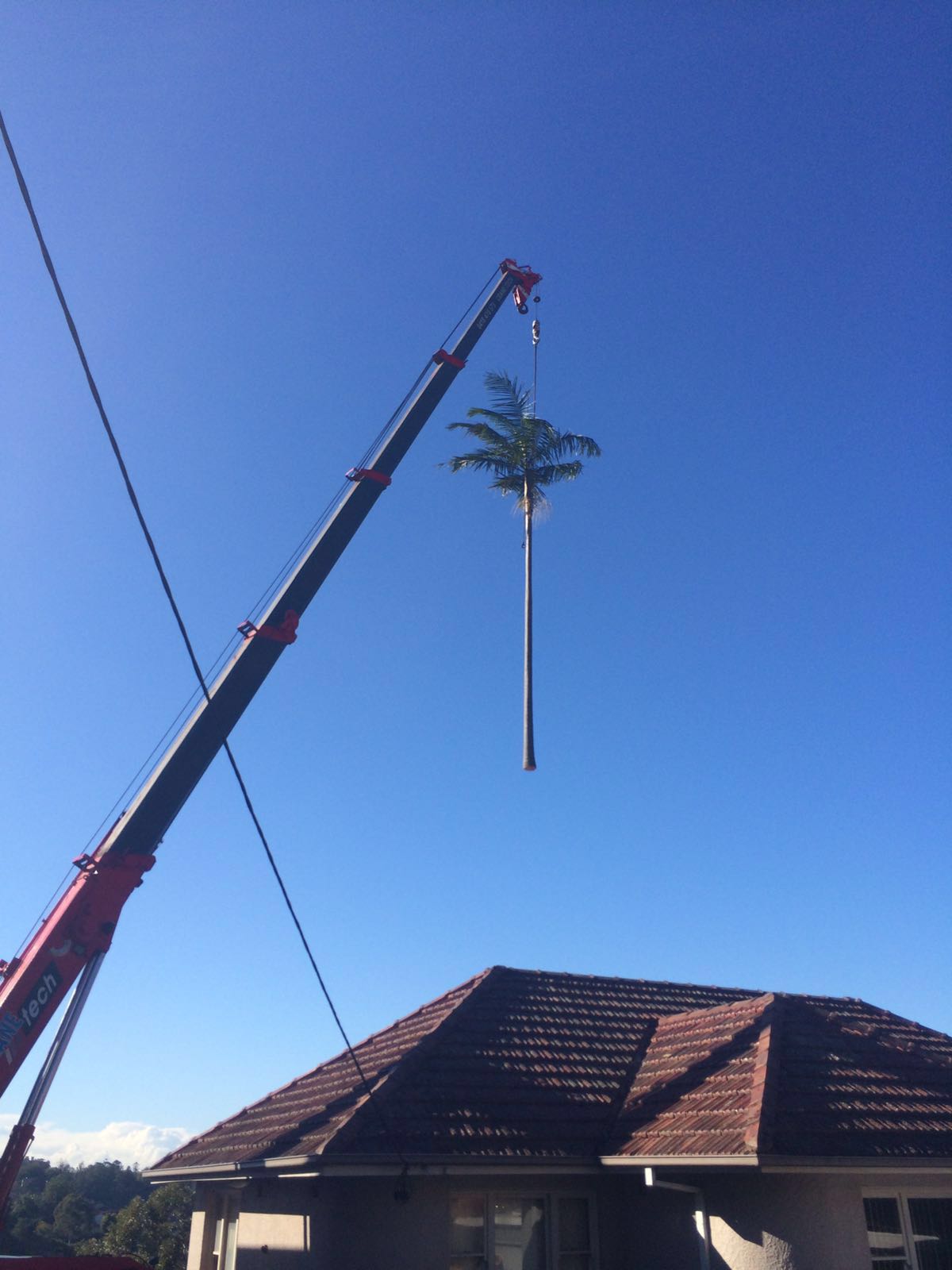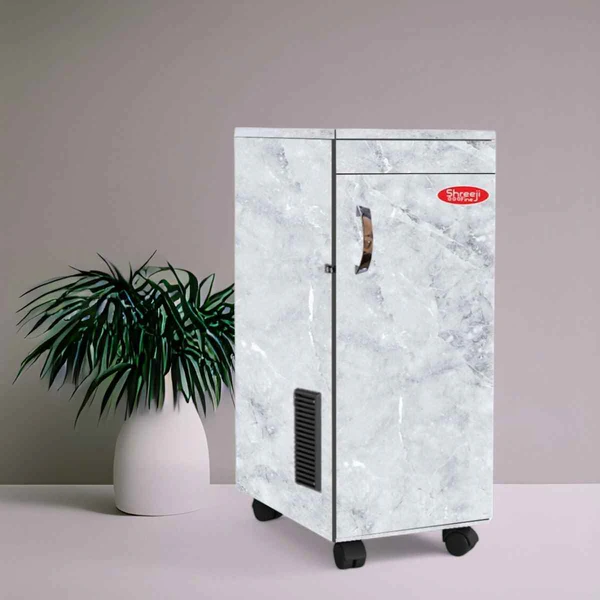At Progrynd, we specialize in advanced openhole whipstock milling solutions, with a core focus on delivering high-performance string mills tailored for modern oilfield operations. Our string mills are designed to handle the toughest milling jobs, including casing windows, whipstock setups, and cleaning up damaged or deformed tubulars. Whether for sidetracking, fishing, or wellbore preparation, Progrynd’s string mills are engineered to offer precision, strength, and long-lasting performance in challenging downhole environments.
🔧 What is a String Mill?
A string mill is a robust downhole milling tool used to smooth, clean, and remove obstructions from the internal surface of casing, liners, or tubulars. It consists of a solid, cylindrical body equipped with durable, hardfaced cutting blades made from tungsten carbide or similar materials. These mills are essential in wellbore preparation, especially before whipstock deployment or sidetracking operations.
Progrynd string mills are compatible with both openhole and cased hole environments, ensuring smooth passage for other tools and enhancing drilling efficiency.
💡 Key Features of Progrynd’s String Mills
- Heavy-Duty Construction
Crafted from high-grade alloy steel to withstand extreme downhole conditions. - Optimized Cutting Structure
Premium-grade tungsten carbide inserts ensure efficient cutting and long tool life. - Versatility
Ideal for dressing casing, preparing whipstock windows, or milling obstructions during sidetracking. - Reliable Performance
Designed to run in a variety of drilling and completion environments. - Custom Sizes Available
Progrynd can customize string mills to meet your specific wellbore dimensions and tool string setups.
🚀 Applications of String Mills in Oil & Gas
- Whipstock Sidetracking:
Before setting a whipstock, the casing or formation needs to be milled precisely—string mills make this possible by providing a clean, smooth path. - Wellbore Cleanup:
Remove scale, cement sheath, or other debris to improve operational success. - Window Dressing:
After milling a window in the casing, string mills are used to polish and refine the edges for a smoother transition. - Fishing Operations:
Retrieve or dress damaged equipment by creating access or restoring borehole integrity.
🛡️ Why Choose Progrynd String Mills?
At Progrynd, we understand the operational challenges of drilling and milling in oilfields. That’s why our string mills are engineered for durability, compatibility, and cutting precision. Whether you’re performing whipstock milling, junk removal, or sidetracking, our mills provide reliable results every time. Our commitment to innovation and field-tested performance makes Progrynd a trusted name in downhole tooling across Africa and beyond.
🔗 Related Products You May Also Like:
- Whipstock Sidetracking Tools
- Junk Mills
- Duraband Hardbanding Services
-
String mills are essential downhole tools used in the oil and gas industry to condition and clean the wellbore, particularly during milling and fishing operations. Designed with robust construction and strategically placed blades, string mills are primarily used to remove obstructions such as scale, cement sheath, rust, casing irregularities, or metal debris from the inside of casing or open hole wellbores. They help ensure smooth passage for other bottom hole assembly (BHA) tools and are often used in conjunction with junk mills, watermelon mills, and other cutting or drilling tools.
🔧 Applications of String Mills
String mills play a crucial role in both drilling and workover operations. Common applications include:
-
Wellbore Cleanout: Removes residual cement, scale, and metal fragments.
-
Fishing Operations: Prepares and enlarges the borehole to retrieve stuck tools.
-
Whipstock Sidetracking Preparation: Conditions the casing or formation before sidetracking.
-
Pack-off and Bridge Plug Removal: Helps in milling out bridge plugs or composite materials.
-
Tool Path Reaming: Ensures a clean, uniform path for running downhole equipment.
⚙️ Key Features
-
Spiral Blade Design: Promotes efficient cutting and wellbore conditioning.
-
Tungsten Carbide Coating: Enhances durability and cutting strength, even in hard formations.
-
Various Sizes Available: Can be customized to match casing or hole dimensions.
-
Top or Bottom Connection Options: Compatible with drill pipe, coiled tubing, or BHA components.
-
Stabilizing Functions: Reduces tool deviation and vibration during milling.
🛠 Construction & Material
String mills are typically constructed from high-grade alloy steel or heat-treated materials for superior strength and wear resistance. The blades or cutting surfaces are often tungsten carbide dressed, giving them the resilience needed for long-duration operations in harsh downhole environments.
✅ Benefits of Using String Mills
-
Improved Wellbore Integrity: Ensures clean and obstruction-free wells.
-
Reduced Downtime: Minimizes the need for repeated runs by increasing milling efficiency.
-
Versatile Use: Suitable for both vertical and deviated wells.
-
Enhanced Tool Life: Carbide inserts prolong durability and cutting performance.
-
Supports Safe Operations: Cleaner wells reduce the risk of tool sticking and BHA damage.
📍 Why Choose Our String Mills?
Our premium-grade string mills are engineered to withstand the toughest downhole conditions, delivering superior performance in milling, reaming, and cleanout tasks. Whether you’re preparing a well for sidetracking, performing remedial work, or conducting fishing operations, our string mills provide the strength, reliability, and precision your operations demand.
-
📞 Get in Touch
Have a project that requires a dependable string mill?
Contact Progrynd today to discuss your application or request a customized solution.


